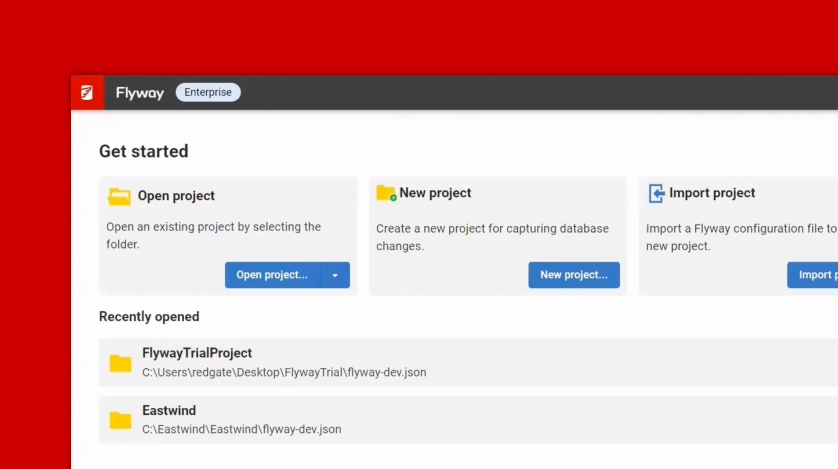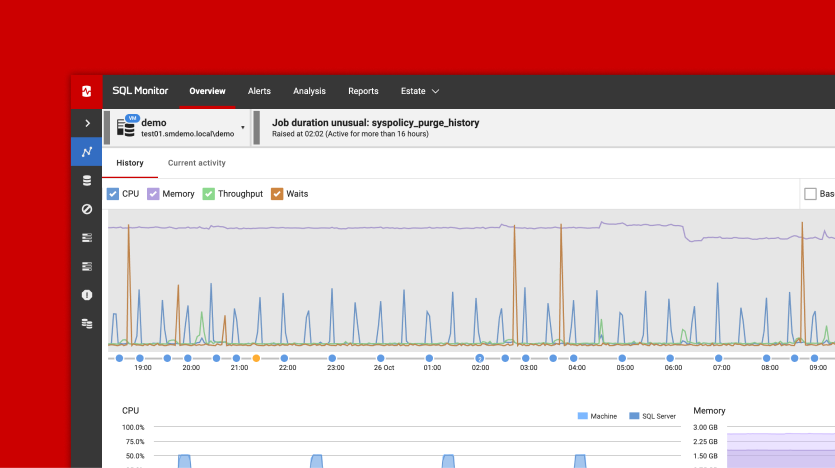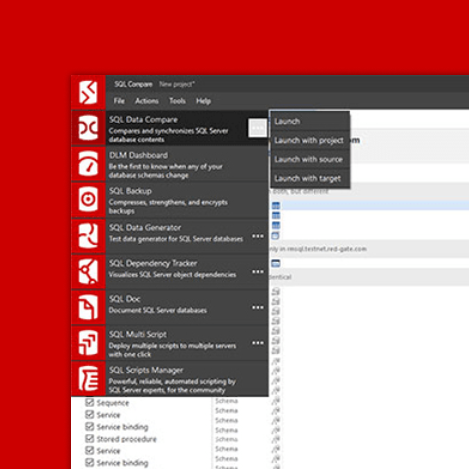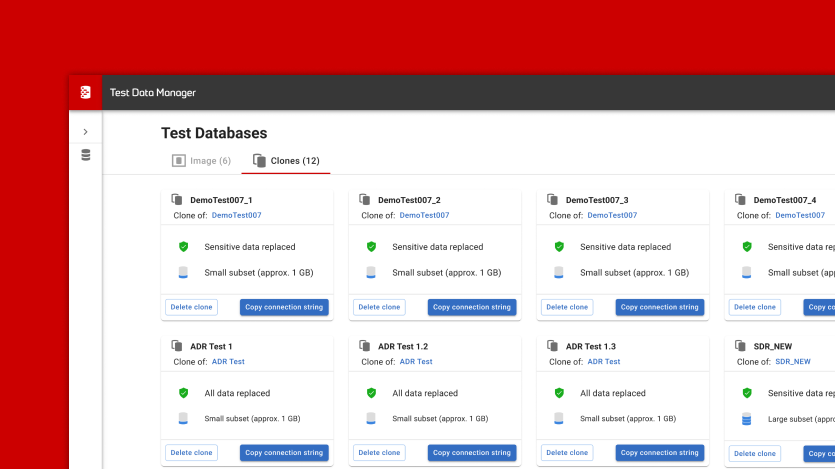Is Product Management supplanting the CEO?
It's Q2 again, which means Redgate is about to do its big thinking about changes to our strategy over the next year, and to make decisions on what we want to achieve and where we’re going to invest to get there.
In 2016, the big insight came from Elizabeth Ayer (our Head of Product Management), who told us that the company was too unfocused and that we needed to focus on improving our existing offerings to our existing customers. This change really helped us to reinvigorate ourselves; we shut down peripheral projects, spun out distracting business units, and gave our Product Managers the remit of helping our existing customers do better. After 6 months of real focus, we had a record Q4.
In 2017, it was Product Manager, Richard Macaskill, who pitched to us about data privacy and protection. He convinced us that our customers needed a solution, and that we were already well placed to provide them with a valuable one. In the last year we've made two acquisitions in this area, spun up two extra teams, and worked across our entire product suite to make this insight a commercial reality. In the last few days we've made our first sales of the new SQL Data Privacy Suite.
This year, another Product Manager, Leo Machado, flew out to our board meeting in Austin to tell us about the provisioning area he’s been working on. So far it’s been an outstanding success, and Leo’s goal was to persuade us to double down and invest even more in its future. If it were a start-up business we’d already be borrowing $10m against it to ensure its success. We're not yet sure what we're going to do, but if history is anything to go by Leo will be driving a huge amount of investment in the coming year.
All of these people work in product management.
Once upon a time it was myself and my co-founder Neil Davidson having these ideas. Then it was business unit managers (which we don't have any more because we've structured ourselves functionally). But in the last three years the most transformative plans we’ve made during Q2 have been driven by Product Managers (by people holding that job title or de-facto doing that role).
Why is it that Product Managers change the course of the company in this way, in a way that the CEO and others don’t anymore? They account for less than 10 of our ~320 people. Why do a tiny fraction of the company get such outsized influence?
Product Managers are in the market. They’re interacting with the product, listening to what the market is telling us it needs the product to do. They have a much higher probability of affecting the future of the company than anyone else because they’re in the right space and have the right remit to start those conversations.
We’re still hiring Product Managers because we want more and more great new proposals as we continue to grow. If changing the future of an already successful company is something that excites you, please apply!
A short disclaimer: our Product Management work is not for everyone. We're in a deeply technical market and our most successful Product Managers both understand this area and find it interesting and exciting (especially because most companies in the world, big and small, now deal with data on a daily basis.) We know that not everyone can be passionate about database technology, and about helping people working with databases create value, which is what our tools do.
Our best Product Managers don't just have the power to supplant the CEO because of the strength of their ideas; they also have the ability to persuade us, with relentless tenacity, that their proposals are thorough, aligned to our strategy and can stand up to intense scrutiny. For every one of these proposals we have plenty of cynics and sceptics. Our Product Managers need to be sustainably persuasive over many months to bring their vision to market.
If you think you can get excited about database technology, understand our market and customers, and successfully pitch (over and over again!) to the company about how we can change the business to realise your insights, we want to hear from you. If you're tenacious, even better!






